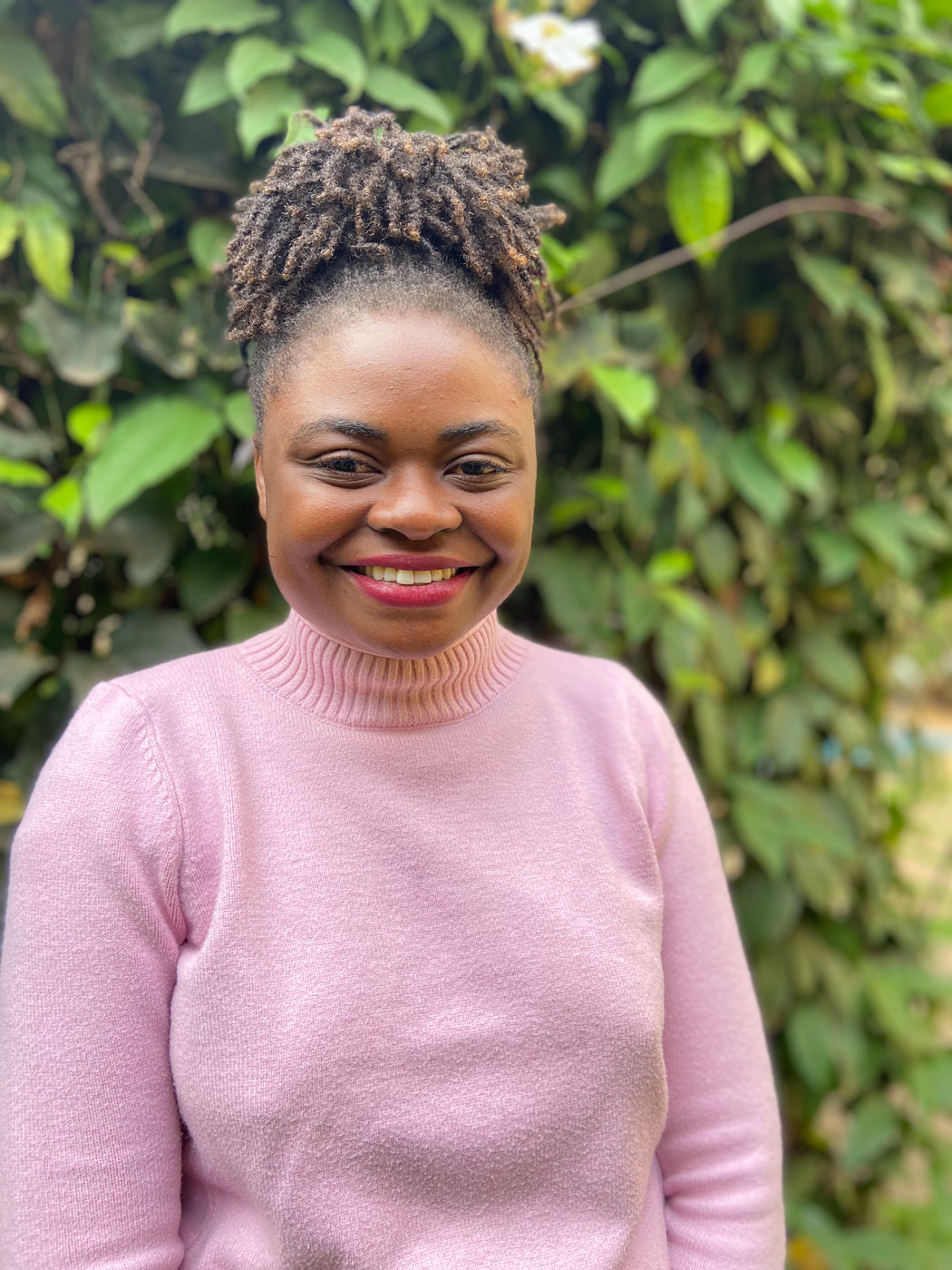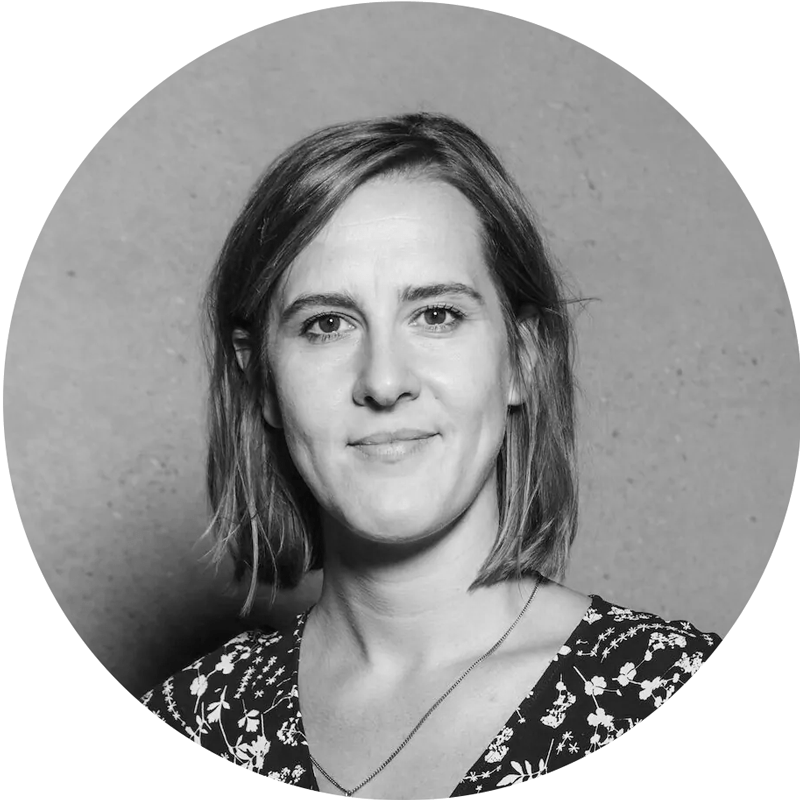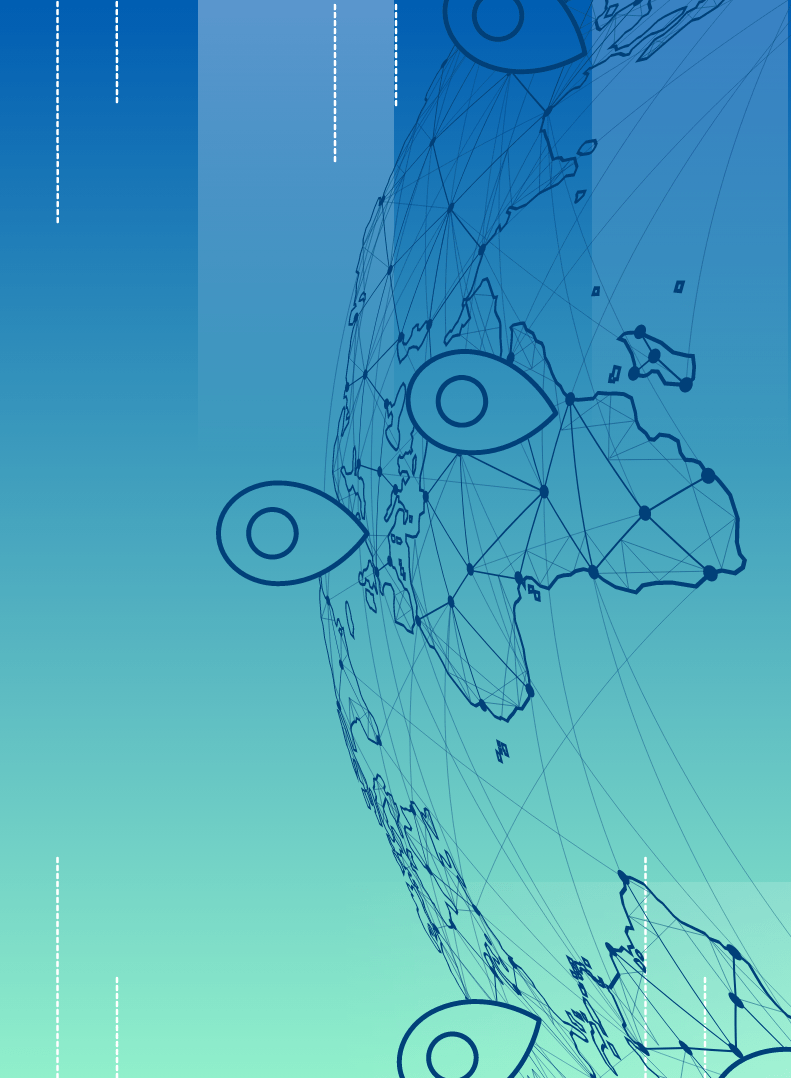

Interview: “Journalists and activists have been arrested under the guise of regulating disinformation”
Virginia Kirst
This article is part of our Perspectives series, in which we present good examples of dealing with disinformation from all corners of the world. All content for the series can be found here.
In an interview with Virginia Kirst for Upgrade Democracy, Nompilo Simanje, lawyer and freedom-of-speech advocate, discusses how governments across the African continent have been using disinformation laws to restrict free speech and arrest journalists — and the thin line that runs between online safety for users and criminalizing them.
Nompilo Simanje is the Africa Advocacy and Partnerships Lead at the International Press Institute. She is a lawyer by profession and has years of experience in advocacy and capacity building in the areas of media freedom and freedom of expression. Simanje is based in Harare, Zimbabwe but her work covers the entire African continent.
UpDem: Lately, there have been concerns that some African governments are using disinformation laws to restrict free speech. Why is that?
Simanje: Disinformation is not a new concept, but the digital age and social media have made its spread easier. And the COVID-19 pandemic that we just came out of caused an infodemic with a lot of disinformation, resulting in government appetite for regulation. Laws have been introduced across the region that criminalize publishing falsehoods, particularly through cybercrime and cybersecurity laws.
UpDem: Why does this worry you?
Simanje: These provisions often bring back criminal defamation, which had been declared unconstitutional in many countries. But now, governments are introducing these cyber laws to criminalize transmitting false messages, including those that relate to individuals. And with this they smuggle back criminal defamation and undermine free expression. For example, in Zimbabwe, provisions that criminalize publishing falsehoods have been declared unconstitutional, but they still exist in the statute and are enforced by the police. This leads to over-regulation of the internet and the criminalization of free expression.
UpDem: In which other countries is this happening?
Simanje: Zambia and Nigeria are other examples of countries that have introduced cybercrime laws that undermine free expression. In Zambia, some of these provisions are being challenged in court. In Nigeria, the cybercrime law also limits free expression instead of addressing online harms and promoting online safety of the users. Existing penal codes across the region have also been used to arrest people, including journalists and human rights activists, for their expression under the guise of regulating disinformation. In Zimbabwe, a spokesperson for an opposition party was recently convicted for publishing falsehoods after sharing a video on Twitter condemning police violence. The video had been shared widely online but only she got arrested. This demonstrates how using criminal laws to regulate disinformation can undermine free expression.
UpDem: Why is this happening in several countries at the same time?
Simanje: African governments often copy each other. This is why it’s important to have a coordinated approach to disinformation as a region.
UpDem: Have you observed that legislation from other continents has been copy-pasted by African countries?
Simanje: Yes. For example, the Logan Act from the US influenced Zimbabwe’s patriotic bill, and the European GDPR influenced data protection laws in Africa. However, when civil society attempts to use international law that was developed at UN or African Union level to persuade governments, they often use the card of national sovereignty to avoid aligning with certain principles.
UpDem: Can the African Union play a role in harmonizing legislation across the region?
Simanje: The African Union can play a key role, but its mechanisms are not being fully utilized. There is currently more interest in south-to-south collaboration within the global south. But we have often waited for the European Union and other countries to come up with propositions to inform our own interventions. The Budapest Convention has informed much of our data protection work in the region, for example. As a region, we are still lagging behind and have had to look outside the region for strategic direction in terms of policy and laws.
UpDem: If you could decide how the continent should improve its disinformation laws, how would you do it?
Simanje: From a civil society perspective, it’s important to acknowledge the role that various stakeholders can play. A multistakeholder approach is needed, with clear roles for platforms to contribute to anti-disinformation campaigns and work in the region. I think there’s an opportunity for governments, civil society, the media, and the platforms to work together. But we need to do away with approaches that are restrictive to fundamental rights, such as criminalization and intermediary liability because I believe that opens an avenue for platforms to be cooperating with governments and disregarding fundamental rights. Approaches should be rights-respecting and human-centric, building societal resilience and capacity. Because at the center of this disinformation ecosystem are individuals, individual people that are receiving or accessing information.
UpDem: Which role does the younger generation play in this?
Simanje: The majority of people are young and digitally literate. Through societal resilience and interventions that promote it, we can have a higher constituency that is able to fact check, verify information and its sources. Another key aspect is to do coordinated investigations or research into the narratives of disinformation to identify the actors, patterns, and end goals, creating a clearer narrative around why disinformation is thriving.
UpDem: What are your thoughts on intermediary liability and criminalization?
Simanje: There have been many conversations around intermediary liability, where there is an attempt to place legal obligations, including civil and criminal penalties, on private actors, particularly tech platforms, to be held liable for disinformation. However, if such a framework were to exist, platforms would want to minimize legal liability as much as possible, potentially affecting even genuine expression. We need to think about how we can ensure that platforms adhere to their existing guidelines and policies without creating an avenue for governments to regulate platforms and impose penalties on them. Criminalizing the publishing of false information is not the best route. Provisions in the region often do not have key elements such as an intention to deceive. We need to differentiate between disinformation and misinformation and acknowledge the aspect of intention.
UpDem: Why is this important?
Simanje: This is very dangerous in the digital age because people forward information without verifying it. It’s unfair to criminalize and arrest them for that. Laws should be clear that what is not allowed is an intention to deceive and knowledge of falsity.
UpDem: So, from your point of view, individuals should only be held responsible in very rare occasions?
Simanje: It is a delicate situation. There is a danger that regulation could negatively affect genuine expression. We need to figure out how far regulation should go and what safeguards can be put in place to avoid undermining free expression. From a civil society perspective, we should take rights-based approaches, addressing the root causes of disinformation, such as information gaps. Governments need to be more proactive in providing information, being transparent, and enforcing access to information laws.





